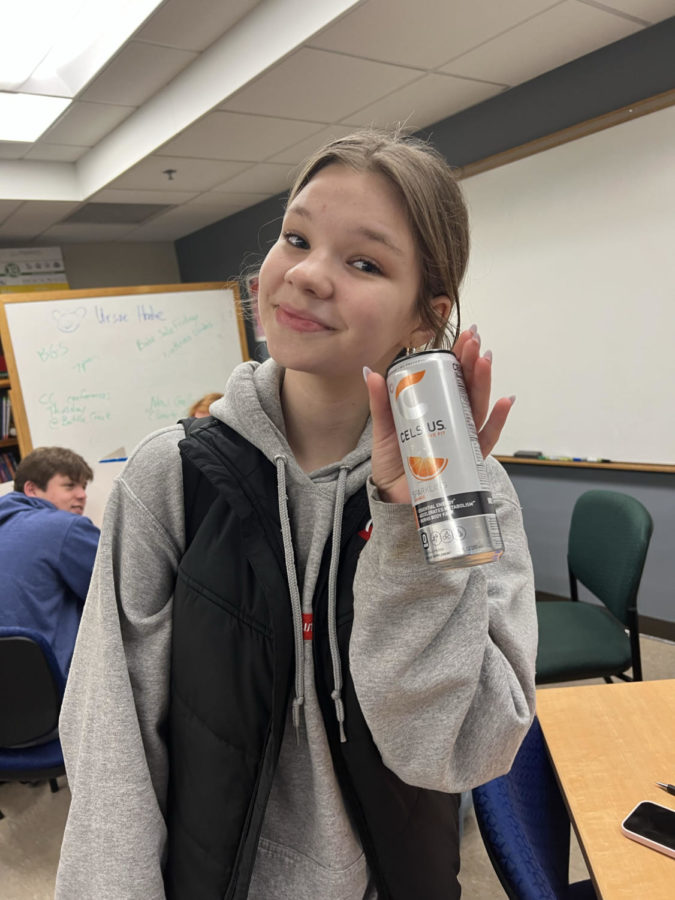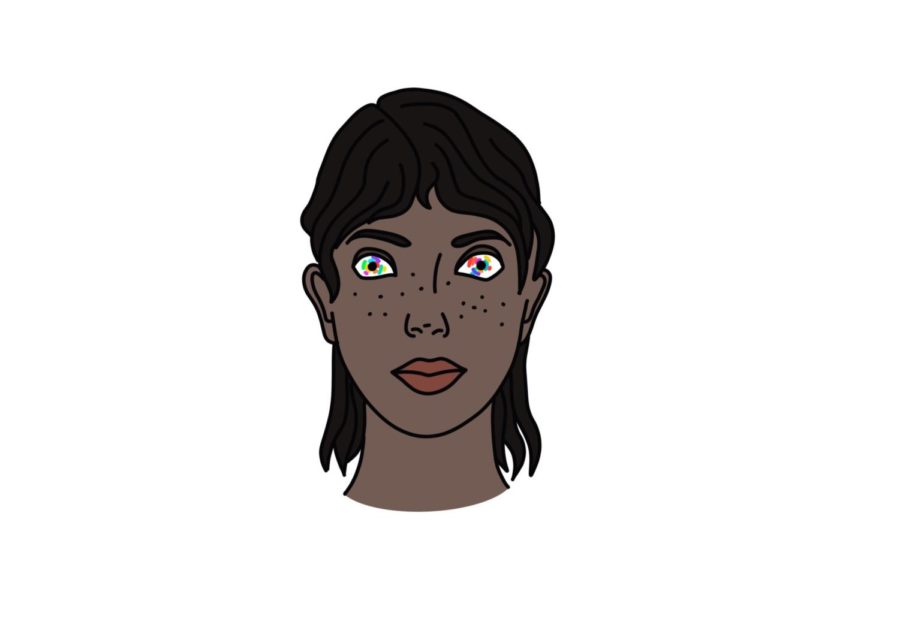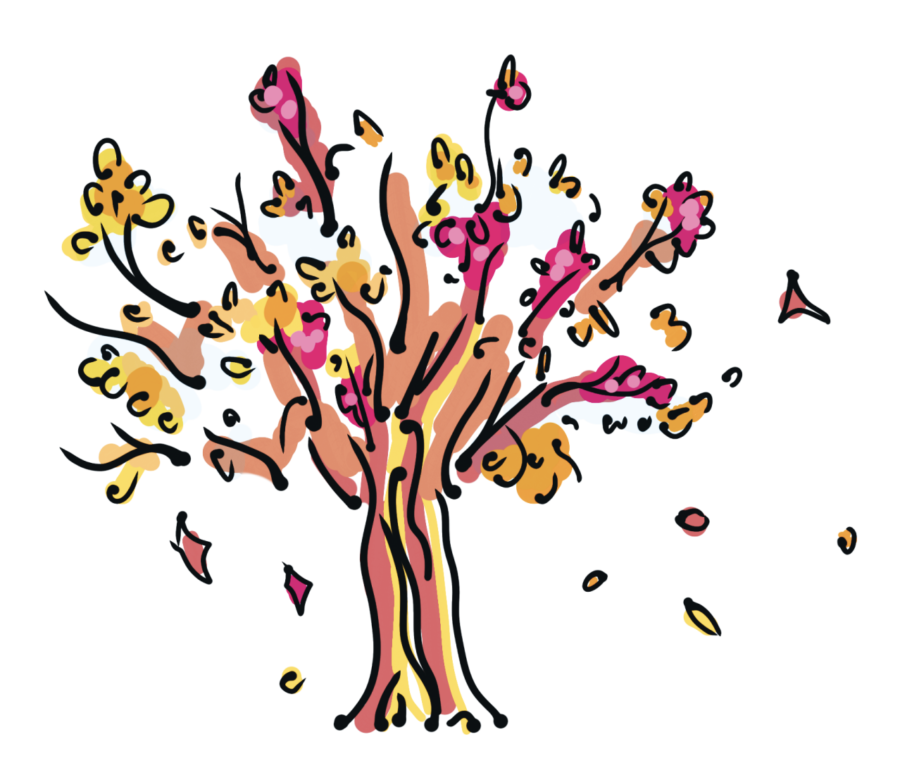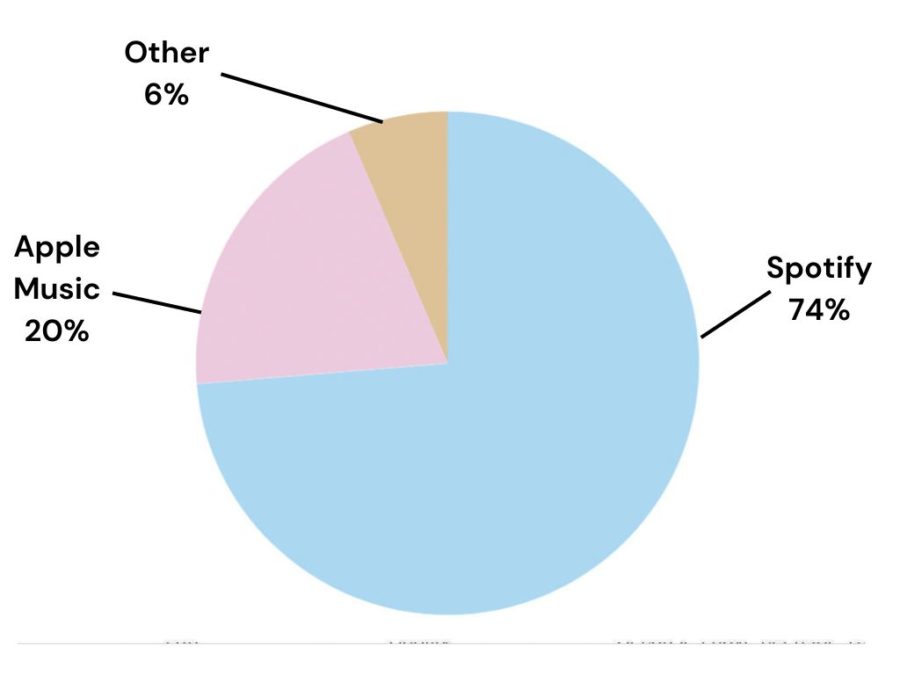One of the most common phrases I hear throughout my day is “Amelia stop drinking Starbucks. You have a problem.” But I always beg to differ, which leads to the question: what does caffeine actually do? According to healthline.com, too much caffeine can lead to jitters, rapid heartbeats, irritability, and headaches. Withdrawal can also cause headaches as well as anxiety, irritability and a rapid heartbeat. Healthline states that the reason for this is “The blood vessels in your brain become used to caffeine’s effects so if you suddenly stop consuming caffeine, it can cause a headache.”
The Food and Drug Administration (FDA) states that around 80% of U.S adults consume some form of caffeine daily. If the symptoms and withdrawal effects are so bad, why do people drink caffeine whether it’s coffee or an energy drink? Zoe Goodwin ‘24 consumes Cielsius regularly and comments that “I think it helps me focus and I just feel more energized and ready for the day”. According to Harvard’s school of public health, “Naturally occurring polyphenols in both caffeinated and decaffeinated coffee can act as antioxidants to reduce damaging oxidative stress and inflammation of cells. It may have neurological benefits in some people and act as an antidepressant.” While not good in large doses, caffeine’s benefits can be greater if consumed in moderation and for students, the benefits seem to outweigh the harm.








